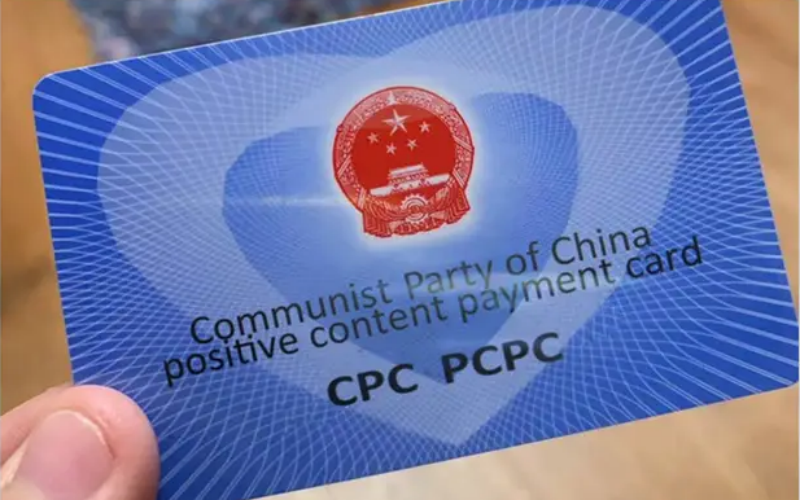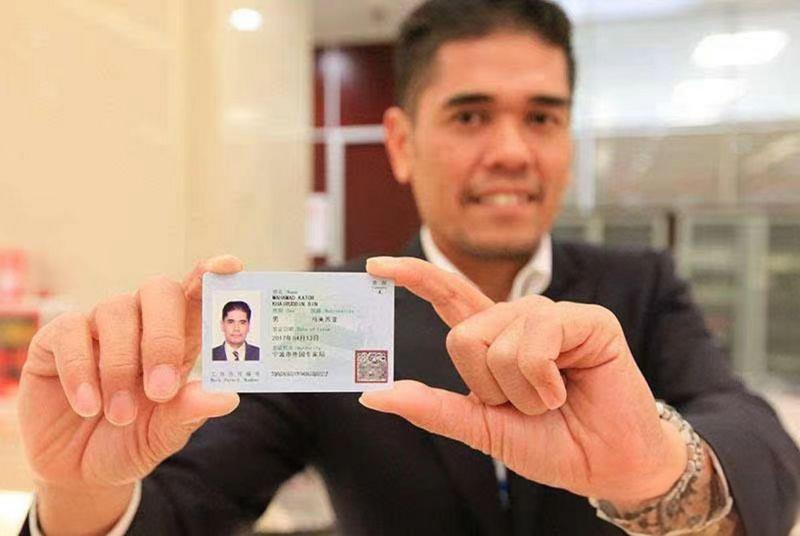
China has a series of policies for foreign-invested enterprises to encourage and promote foreign investment. Here are some common policies:
1.Tax Benefits:
-For profits distributed by overseas investors from resident enterprises within China, eligible direct investments are temporarily exempt from withholding income tax. Specific conditions must be met simultaneously: the form of direct investment includes equity investment activities such as capital increase, new construction, and equity acquisition by overseas investors based on profit sharing; The nature of profits distributed to overseas investors should be equity investment income such as dividends and bonuses, derived from retained earnings already realized by resident enterprises; The funds (assets) used for investment must be directly transferred to the account of the invested enterprise or equity transferor, and cannot be circulated in between; The scope of encouraged projects belongs to the encouraged industries listed in the “Catalogue of Industries for Guiding Foreign Investment” or the “Catalogue of Advantageous Industries for Foreign Investment in the Central and Western Regions”.
-Imported self use equipment for foreign investment projects encouraged by the state shall be exempt from import tariffs, except for goods listed in the relevant non exempt goods catalog.
-Foreign funded research and development centers that meet the conditions for importing scientific research and technological development products that cannot be produced domestically or whose performance cannot meet demand are exempt from import tariffs, import value-added tax, and consumption tax.
2. Pre admission National Treatment and Negative List Management System: During the investment admission stage, foreign investors and their investments are given treatment no less favorable than that of domestic investors and their investments. The negative list is issued or approved by the State Council, and foreign investors are not allowed to invest in the areas prohibited by the negative list; Foreign investors who invest in restricted areas shall meet the conditions specified in the negative list; Areas outside the negative list shall be managed in accordance with the principle of consistency between domestic and foreign investment.
3. Investment Promotion: The country establishes and improves a service system for foreign investment, providing consultation and services on laws, regulations, policy measures, investment project information, and other aspects for foreign investors and foreign-invested enterprises; Establish multilateral and bilateral investment promotion cooperation mechanisms with other countries, regions, and international organizations to strengthen international exchanges and cooperation in the investment field; Establish special economic zones as needed, or implement experimental policy measures for foreign investment in some areas; Encourage and guide foreign investors to invest in specific industries, fields, and regions, and foreign investors and foreign-invested enterprises may enjoy preferential treatment in accordance with the law; Ensure that foreign-invested enterprises participate equally in standard setting work in accordance with the law, and that the mandatory standards applicable to them are the same as those for domestic enterprises; Ensure that foreign-invested enterprises participate in government procurement activities through fair competition in accordance with the law, and treat their products and services produced and provided within China equally; Foreign invested enterprises may raise funds through public issuance of stocks, corporate bonds, and other securities in accordance with the law; Local governments at or above the county level may formulate policies and measures to promote and facilitate foreign investment within their statutory authority.
4. Investment Protection: The state protects the investment, income, and other legitimate rights and interests of foreign investors in China in accordance with the law; Foreign investors’ contributions, profits, capital gains, asset disposal income, intellectual property licensing fees, compensation or indemnity obtained in accordance with the law, liquidation income, etc. may be freely remitted or remitted in RMB or foreign exchange in accordance with the law; Protect the intellectual property rights of foreign investors and foreign-invested enterprises, encourage technological cooperation, and administrative agencies and their staff shall not use administrative means to forcibly transfer technology; Administrative agencies and their staff shall keep confidential any trade secrets they become aware of during the performance of their duties in accordance with the law; The formulation of normative documents related to foreign investment shall comply with laws and regulations, and shall not reduce the legitimate rights and interests of foreign-invested enterprises or increase their obligations. Market access and exit conditions shall not be set, and normal production and operation activities shall not be interfered with; Local governments and their relevant departments should fulfill policy commitments and legally enter into various contracts. If changes are necessary for the public interest, compensation should be made in accordance with the law; Establish a complaint mechanism for foreign-invested enterprises, handle related issues, and coordinate and improve policy measures.
5.Relaxing Market Access for Foreign Investment:Researching and promoting the reasonable reduction of the negative list for foreign investment access, comprehensively lifting restrictions on foreign investment access in the manufacturing sector, and expanding market access for foreign investment in modern service industries; Efforts should be made to break down implicit barriers that affect foreign investment access and ensure that domestic and foreign investment enter areas outside the negative list on an equal footing in accordance with the law.
6.Strengthen support policies: Work with various departments and localities to implement the measures of stabilizing foreign investment policies issued by the State Council, further strengthen publicity, interpretation, and training, continue to issue corresponding supporting rules, ensure the implementation and effectiveness of various policies, and give foreign-funded enterprises a greater sense of gain.
7.Build the “Invest in China” brand: Guide local governments to continue promoting foreign investment, organize relevant activities to strengthen investment opportunities and policy promotion, promote investment matching and project matching.
8.Promote the construction of open platforms: Deepen the comprehensive demonstration pilot of expanding the opening up of the national service industry, and take the lead in building a service industry open system that is in line with international high standard economic and trade rules; Deepen the innovation and upgrading of national level economic development zones, and create a “main battlefield” for stable foreign trade and investment.
9.Strengthen service guarantee for foreign-funded enterprises: Make good use of the special working group for key foreign-funded projects, the roundtable meeting system for foreign-funded enterprises, and the collection and handling system for foreign-funded enterprise issues and demands, deepen regular exchanges with foreign-funded enterprises and foreign business associations, and actively coordinate and solve difficult problems.
Specific policies may vary depending on factors such as region and industry. Meanwhile, policies may also be adjusted and improved according to the country’s economic development and strategy. It is recommended that foreign investors consult relevant government departments, professional institutions, or lawyers before making investments to obtain the latest and most accurate policy information and specific investment guidance.
If you want to learn more detailed policy content, you can refer to the Foreign Investment Law of the People’s Republic of China and its related regulations and policy documents, or consult local commerce, taxation and other departments.








